Are Hybrid Tea bands not as vigorous?
cjrosaphile
10 years ago
Related Stories
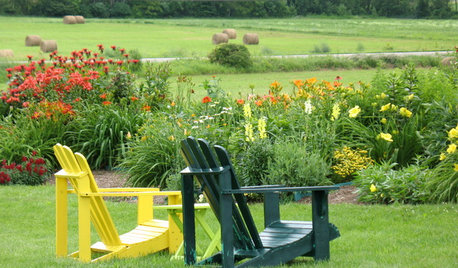
NORTHEAST GARDENINGNortheast Gardener's July Checklist
Fire up your garden with sun-loving yellow and red blooms to put you in a party mood for outdoor summer fun
Full Story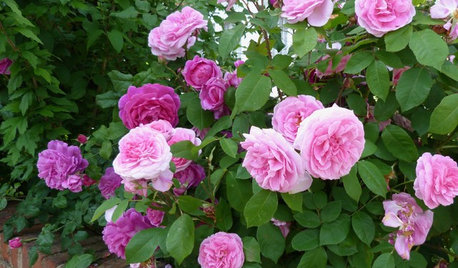
GARDENING GUIDESWhat Kind of Roses Should You Grow?
Want to add the beauty of roses to your garden? Find out which ones, from old-fashioned to modern, are right for you
Full Story
EDIBLE GARDENSSummer Crops: How to Grow Tomatoes
Plant tomato seedlings in spring for one of the best tastes of summer, fresh from your backyard
Full Story
GREEN BUILDINGMeet a High-Tech Home That Monitors Itself
Energy vampires have nowhere to hide in this LEED Platinum home, as energy efficient as it is architecturally beautiful
Full Story
WINTER GARDENINGPruning Secrets for Exquisite Roses
Encourage gorgeous blooms year after year with this time-tested advice on how to prune your rosebush in winter for health and shape
Full Story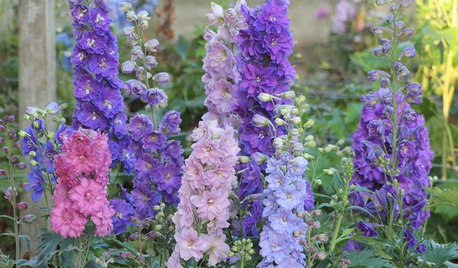
GARDENING GUIDES6 New Plant Varieties That Beat Out Their Parents
With better resistance and fewer demands, these garden beauties are worth a spot on your wish list
Full Story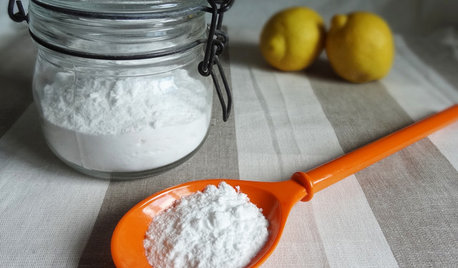
HOUSEKEEPINGBaking Soda: The Amazing All-Natural Cleanser You Already Own
Battle grime, banish odors and freshen clothes with this common nontoxic cupboard staple
Full Story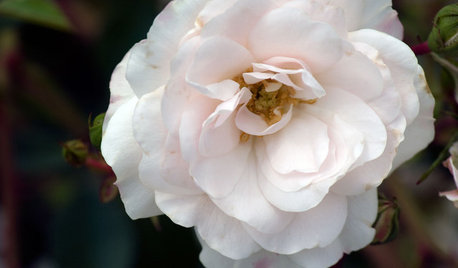
GARDENING GUIDES5 Favorite White Roses for a Purely Beautiful Garden
How does your garden glow? With roses that look like light and smell divine
Full Story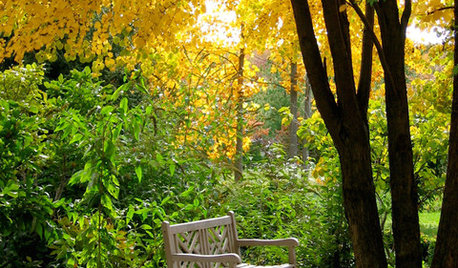
GARDENING GUIDES8 Plants for a Deliciously Fragrant Fall Garden
Scent the autumn air with the perfume of caramel corn, honey and spices by adding these intoxicating plants to your landscape
Full Story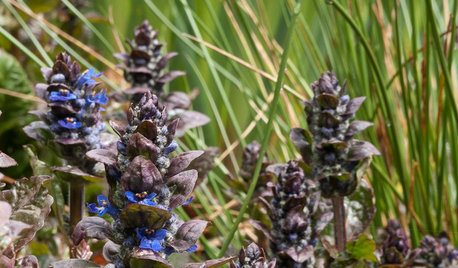
GARDENING GUIDESGreat Design Plant: Bugle Weed, a Quick Ground Cover
It’s highly adaptable, suppresses weeds, reduces erosion and provide weeks of bright flowers. Just watch for invasiveness
Full Story








dublinbay z6 (KS)
catsrose
Related Professionals
Baltimore Landscape Architects & Landscape Designers · Essex Landscape Architects & Landscape Designers · Bethlehem Landscape Contractors · Maple Valley Landscape Contractors · Canton Landscape Contractors · Hayward Landscape Contractors · Mesa Landscape Contractors · Middletown Landscape Contractors · Red Oak Landscape Contractors · Rio Linda Landscape Contractors · Saint Paul Landscape Contractors · Wailuku Landscape Contractors · West Chicago Landscape Contractors · West Haverstraw Landscape Contractors · Weymouth Landscape Contractorssandandsun
seil zone 6b MI
ingrid_vc so. CA zone 9
kittymoonbeam
sara_ann-z6bok
roseblush1
kittymoonbeam
jerijen
zaphod42